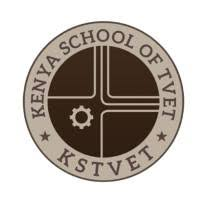UNIT DESCRIPTION:
This unit describes the competencies required to identify community socio economic issues, identify target groups, carry out problem analysis, in partnership with stakeholder’s support implementation of lobbying activities, document the lobbying and advocacy activities.
ELEMENTS AND PERFORMANCE CRITERIA
RANGE
This section provides work environments and conditions to which the performance criteria apply. It allows for different work environments and situations that will affect performance.
|
Variable |
Range May include but not limited to: |
|
1. Advocacy activities |
· Community mobilisation · Community empowerment programmes · Advocacy forums at various levels of governance · Social accountability mechanisms |
|
2. Local leadership |
· Religious leaders · Opinion leaders · Political leaders
|
- Teacher: Admin User
